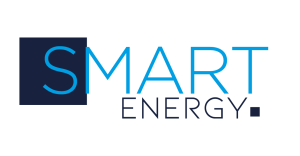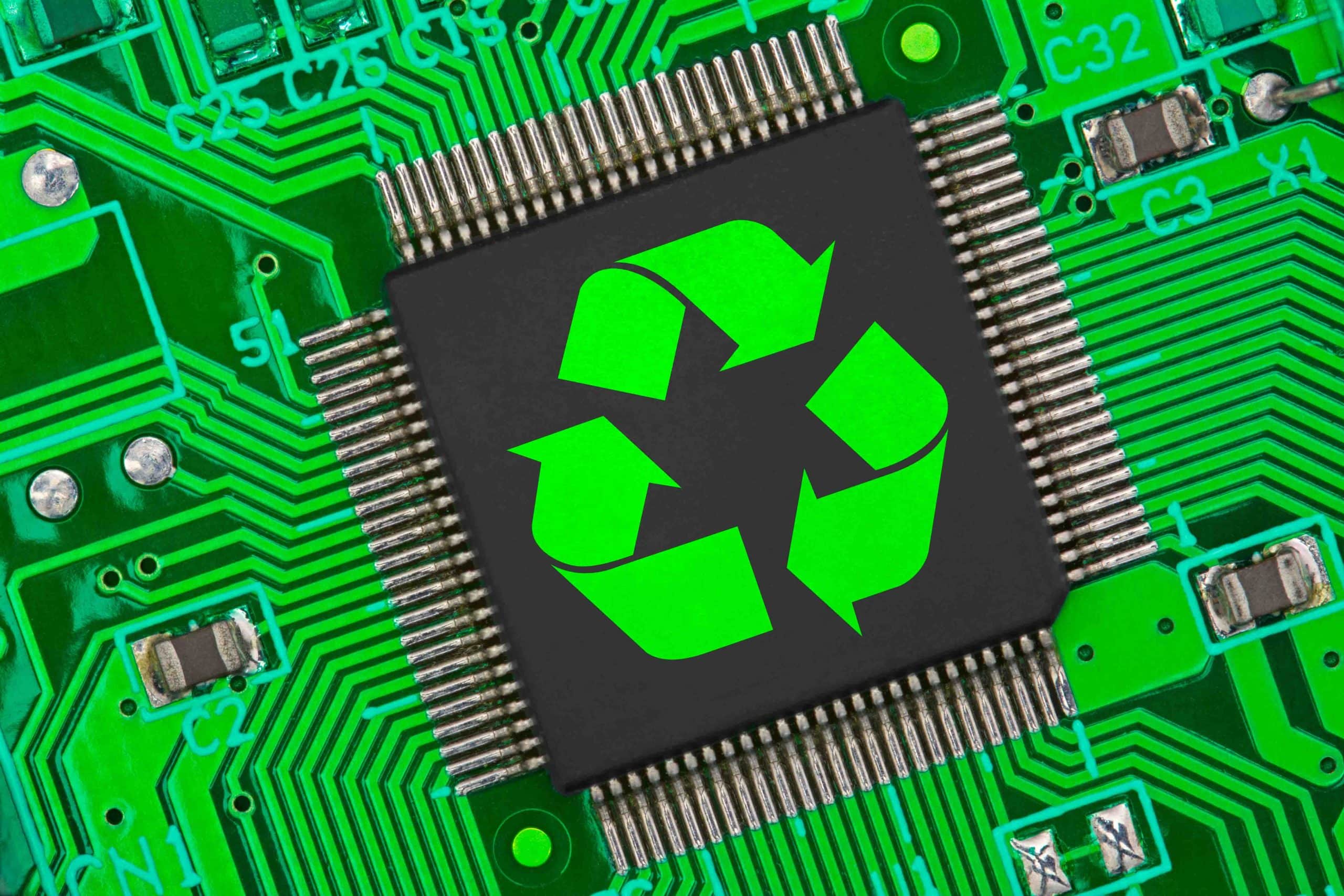Industrial challenges
Energy management
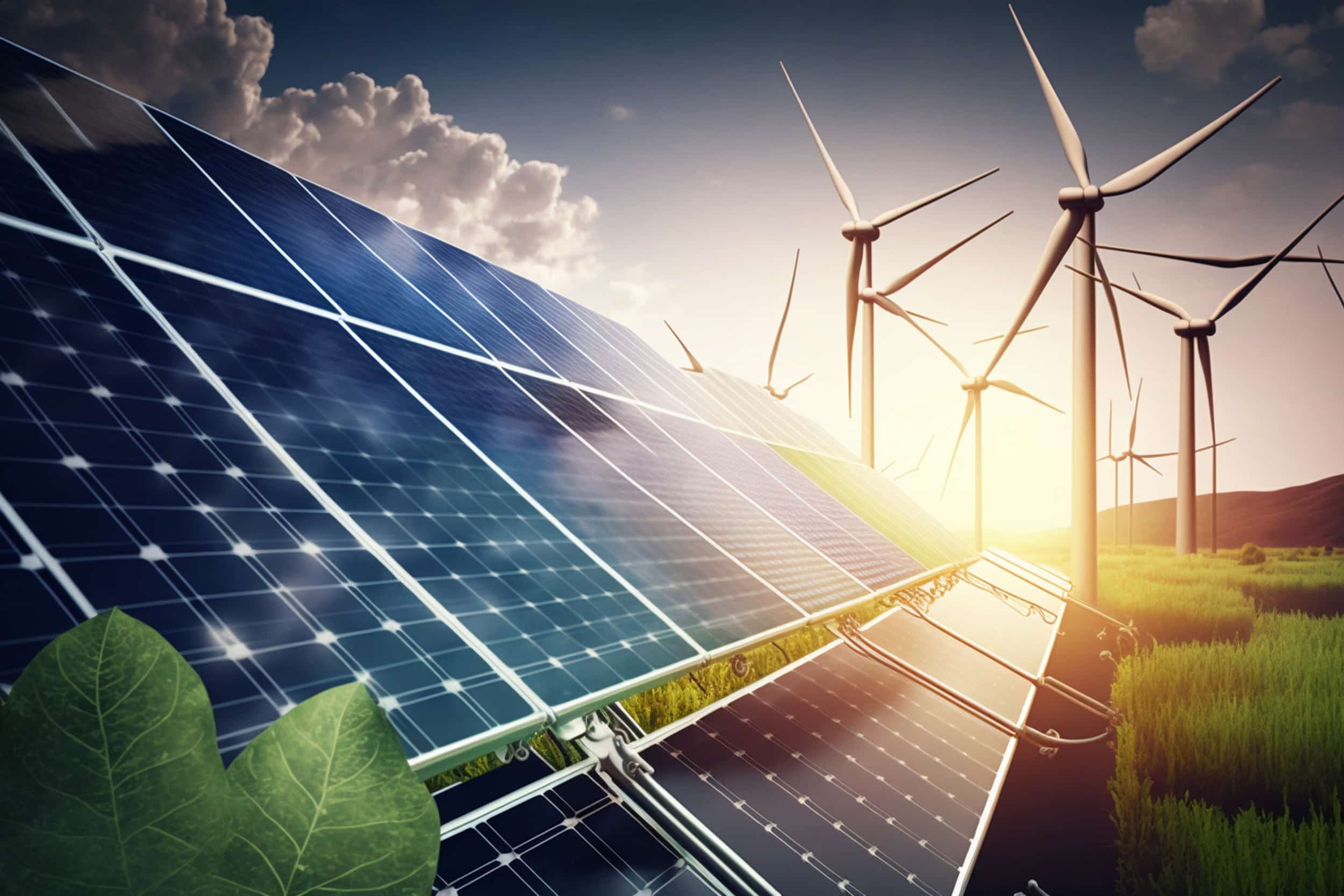
Context
Energy management is of capital importance in industry and raises some essential questions:
How can we reduce our global energy consumption? What means? What technologies? What practices?
How do we identify energy inefficiencies in our production processes? Where and how is energy used in our installations?
How can we ensure compliance with energy and environmental regulations? What are the standards to be complied with, the legal obligations, financial incentives and the best practice in order to comply with regulatory demands?
How can I make my employees aware of energy management and mobilise them regarding it?
What are the potential returns on investment of energy efficiency initiatives? How can I evaluate the economic advantages of energy efficiency initiatives?
Did you know?
- In France, 60% of the energy consumed in industry is through the operation of motors.
- According to a study by the Carbon Trust, industrial companies can make energy savings of around 10% to 30% thanks to their proactive energy management.
- Return on investments: According to ADEME, the investments realised in the monitoring of energy and energy efficiency in industry can have a return on investment over 1 to 3 years inclusive.
- Awareness and mobilisation of employees: ADEME highlights the importance of involving employees in monitoring energy consumption. According to their studies, the active involvement of staff can allow additional savings to be made of up to 10%.
DV GROUP’s response
How do we identify energy inefficiencies in our production processes?
Where and how is energy used in our installations?
How can we reduce our global energy consumption? What means? What technologies? What practices?
SMART ENERGY
In order to respond to your economic, ecological and regulatory challenges, we have developed SMART ENERGY, our solution to allow you to have a complete view of your site’s energy consumption.
SMART ENERGY is a powerful, agile and quick solution for monitoring and analysing your electricity, gas, water, temperature and air consumption, the quality of your network and the condition of your machine.
You can thus establish energy performance indicators in order to monitor and optimise your equipment, while evaluating your energy savings.
This will enable you to establish energy performance indicators to monitor and optimise your equipment, while assessing your energy savings.
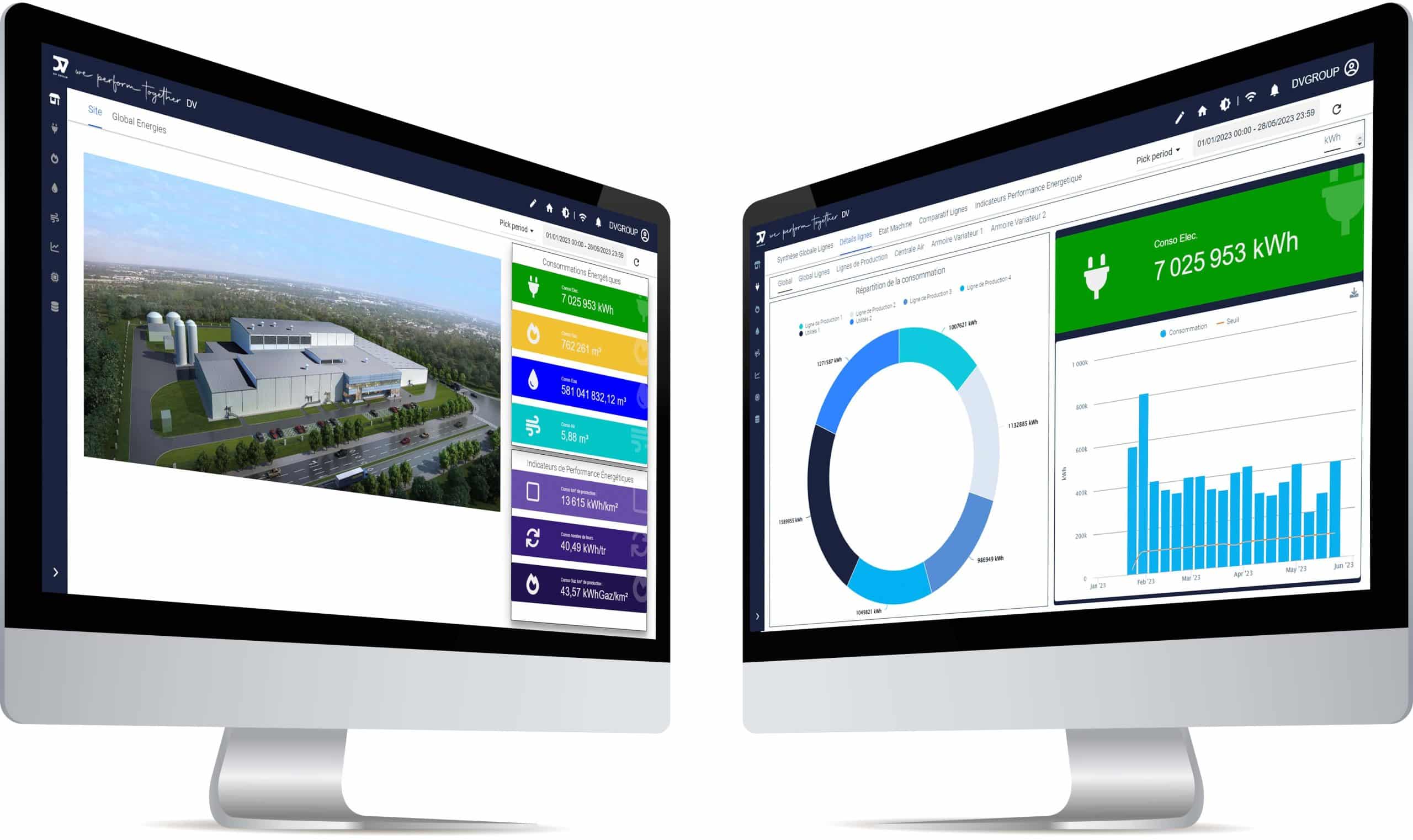
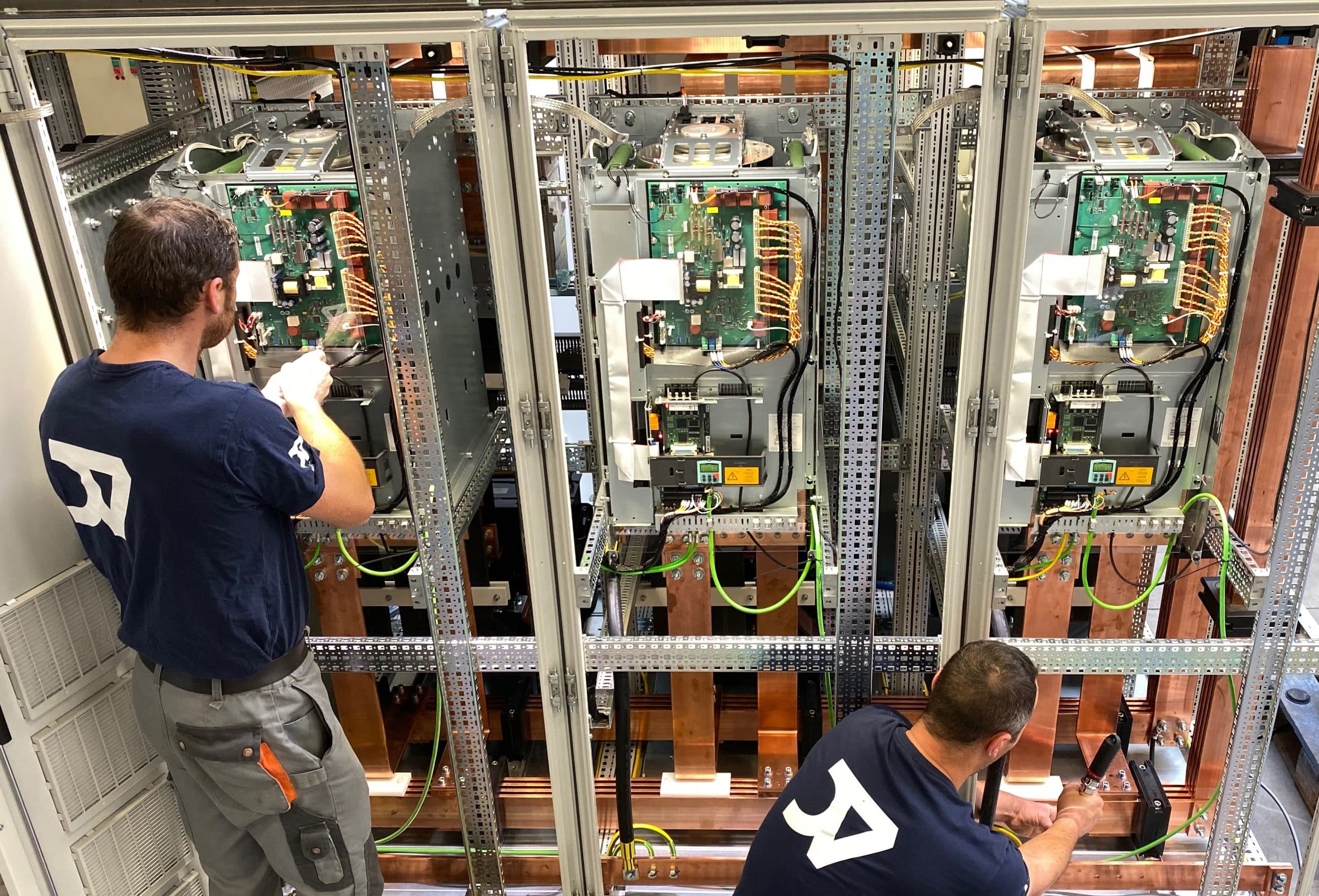
RETROFITTING
A principal axis for decreasing your energy bill is to optimise the piloting of motors. Our engineering office implements the retrofitting of your engines:
- Re-sizing and enhancement of new classes of engine throughput
- Integration of converters: Energy reinjection into the electrical network / Decreasing the process’s electrical consumption
- Energy storage: Recuperation of energy and its re-employment in the process
- Decrease of harmonic rates
DV GROUP’s response
How can we ensure compliance with energy and environmental regulations?
What are the standards to be complied with, the legal obligations, financial incentives and the best practice in order to comply with regulatory demands?
An EDF partner, SMART ENERGY is eligible for subsidies thanks to the EEC

DV GROUP’s response
What are the potential returns on investment of energy efficiency initiatives?
How can I evaluate the economic advantages of energy efficiency initiatives?
